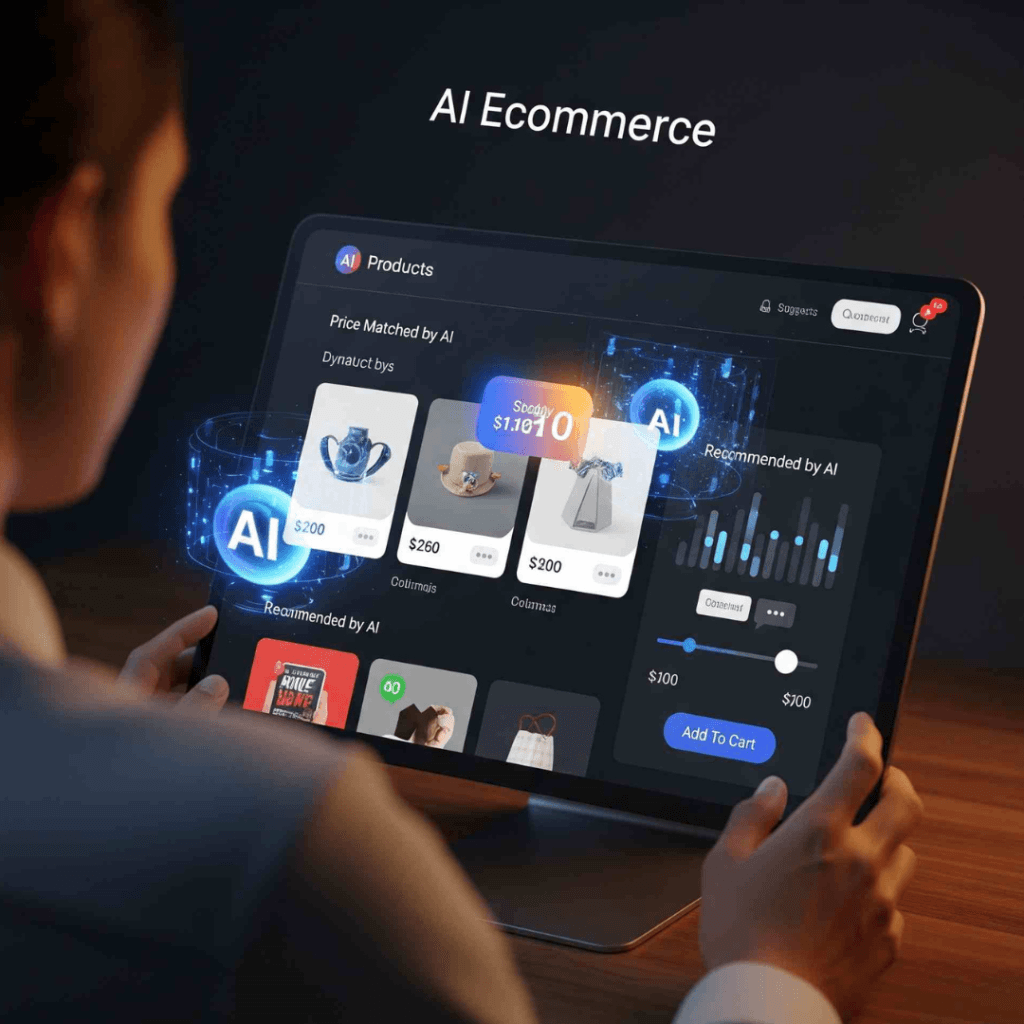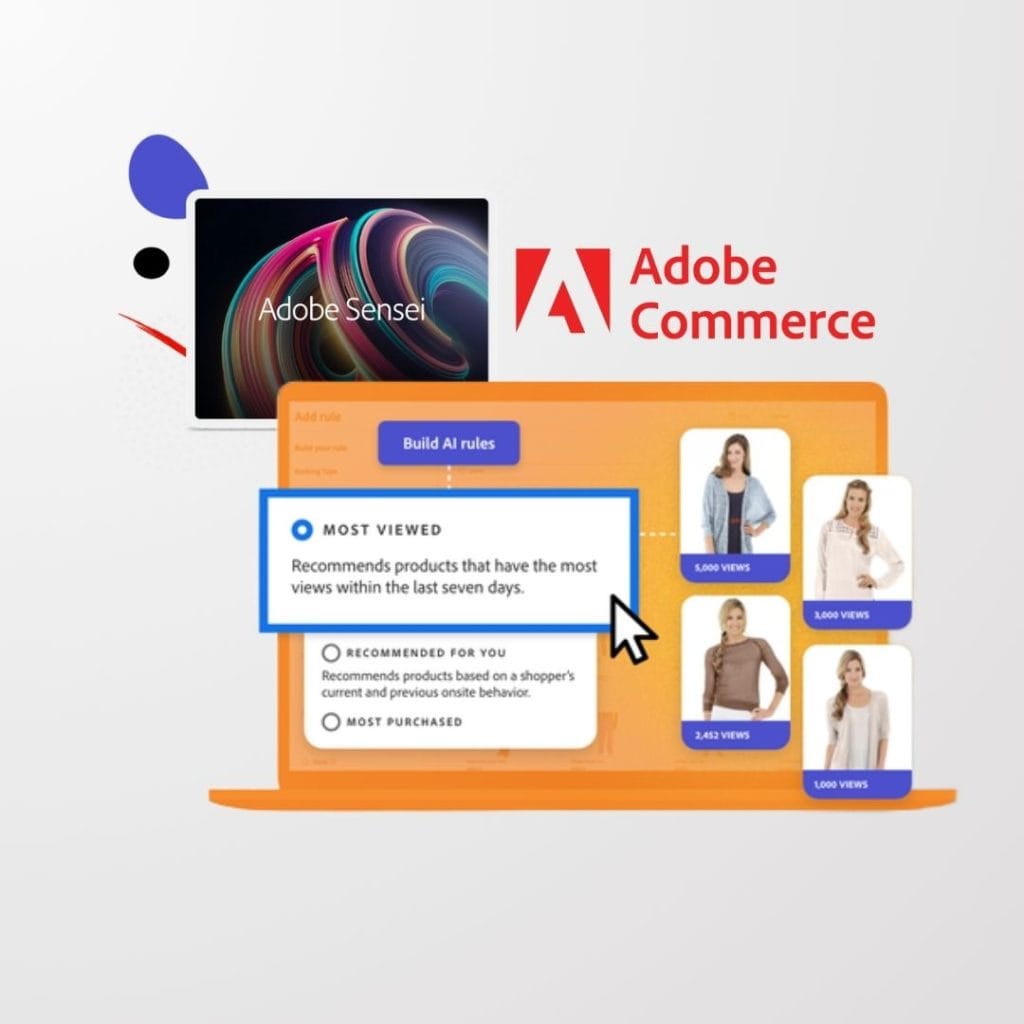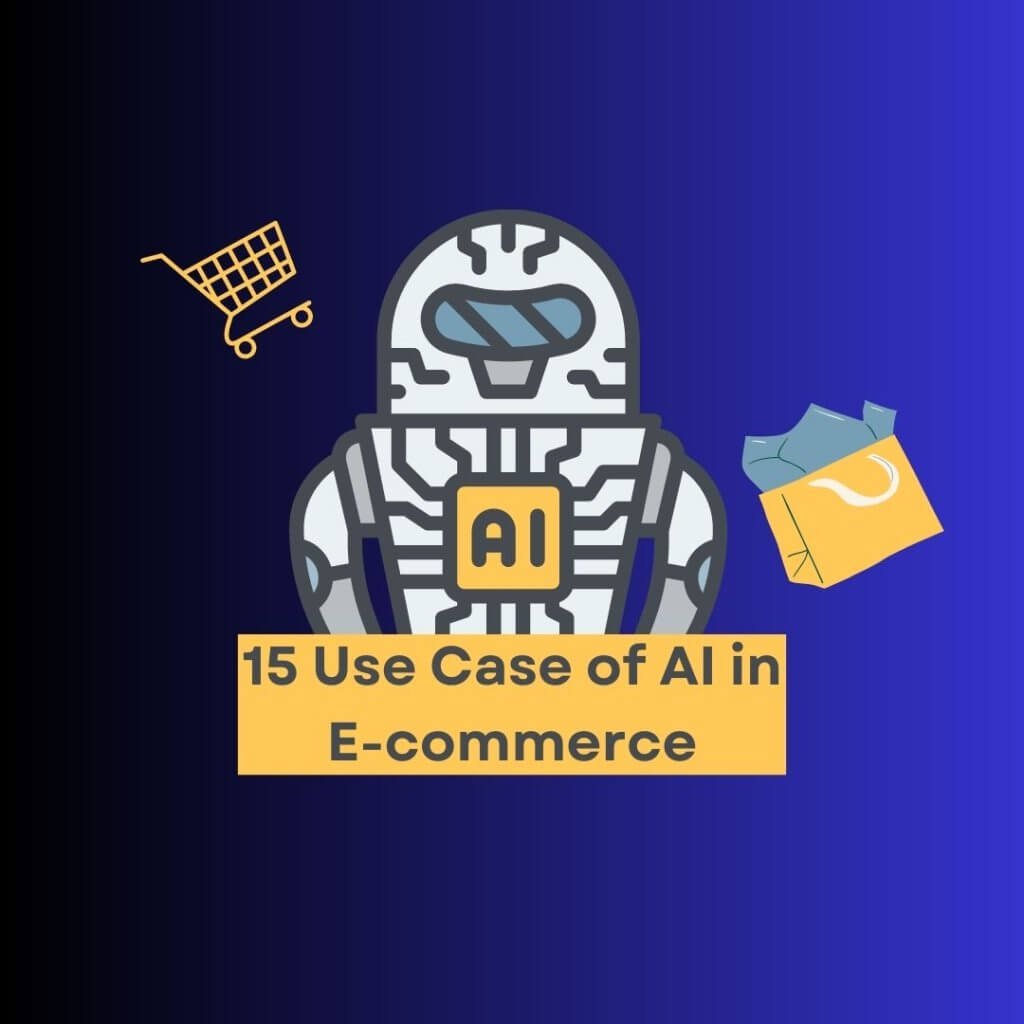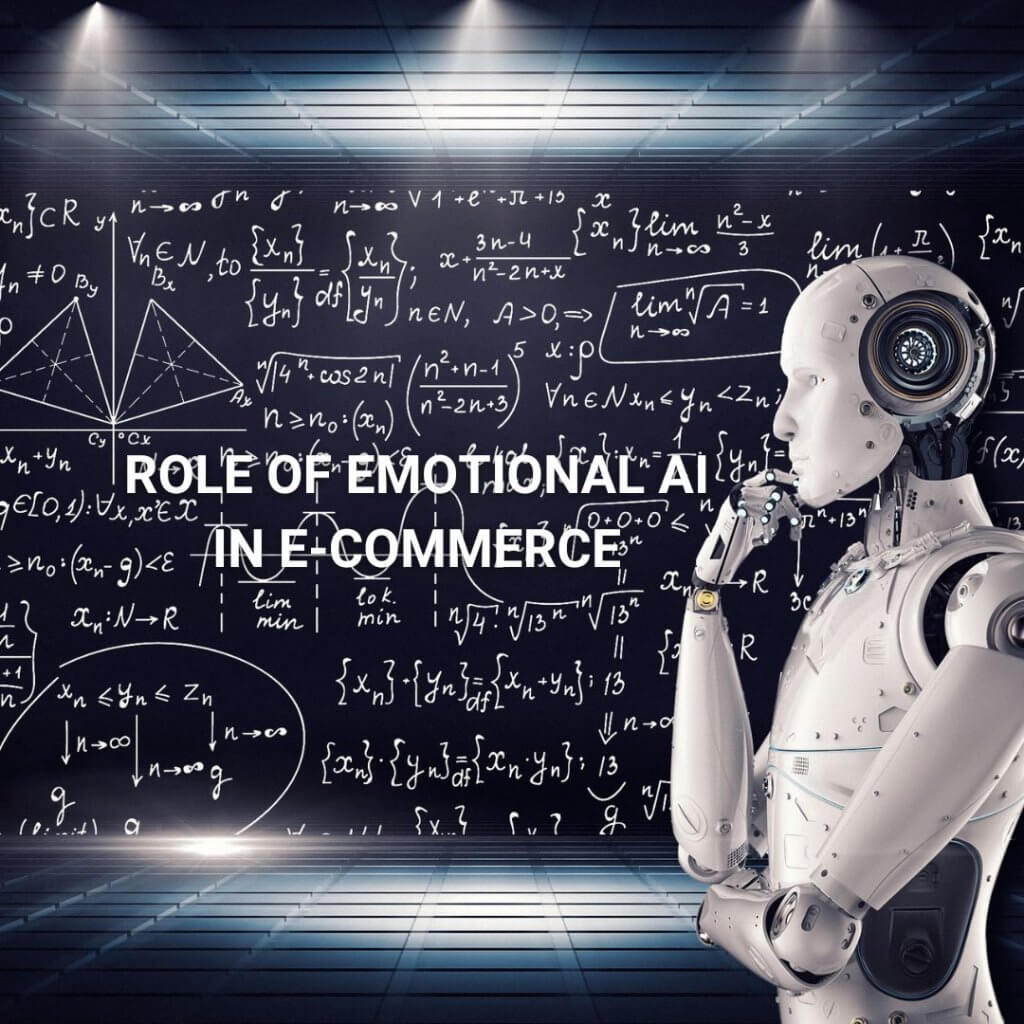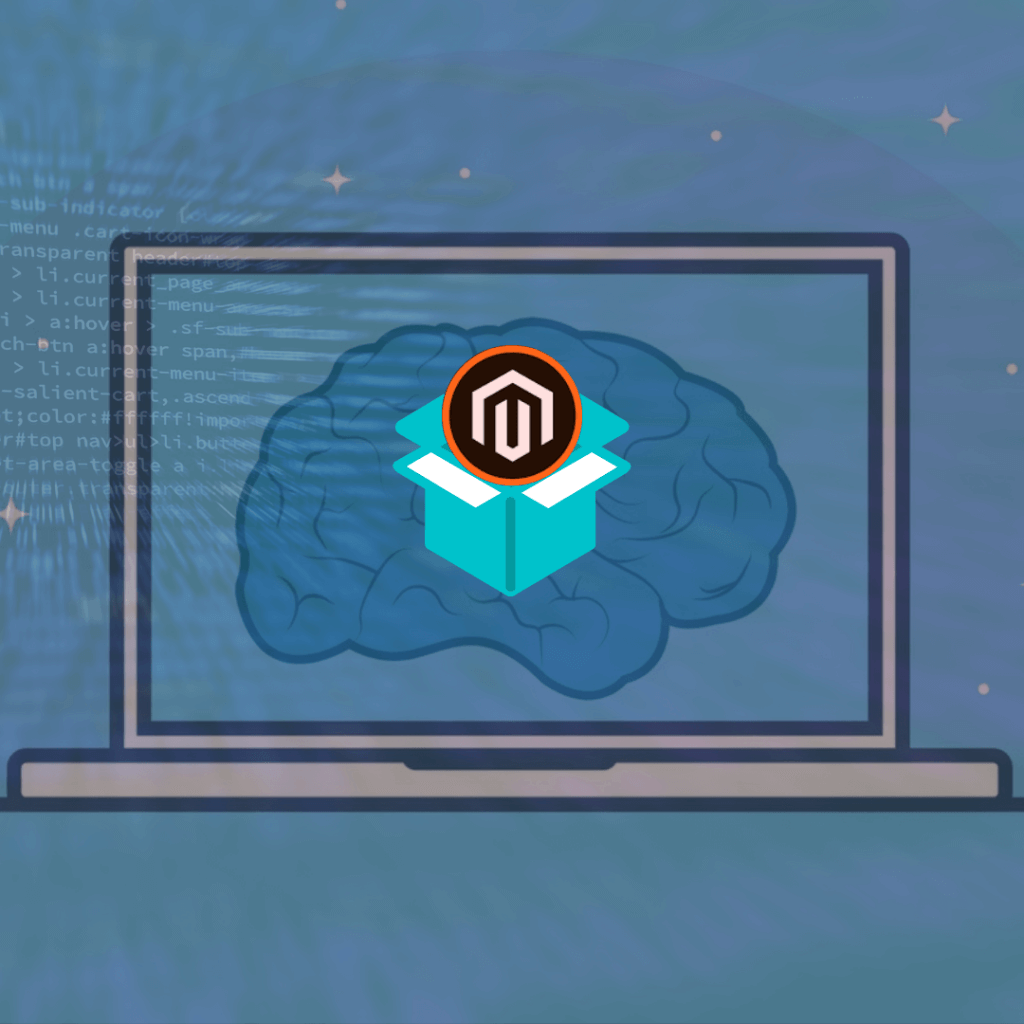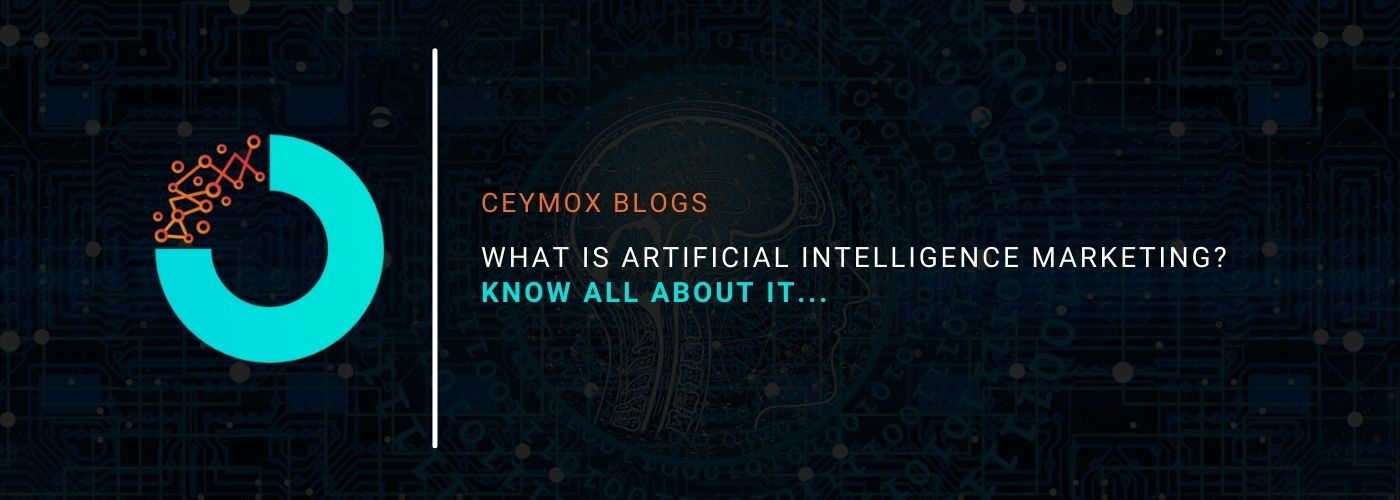
You must have been familiar with the Artificial Intelligence concept and you must know how AI is revolutionizing everything in the e-commerce industry from customer experience to delivering goods and personalized feedback. However, marketing is a very less associated and explored term in which AI offers great potential. Considering the huge demand for personalized marketing services for online customers (it can increase sales of your store by 80%), along with modern marketing operations complexity that takes place across multiple channels having numerous touchpoints before customers make a purchase, AI has become an inevitable part of effective marketing operations.
Artificial intelligence is helping marketing experts to gain insights from data in real-time for improving the efficiency and outcomes of the marketing operations. In this article, we will go through all the different aspects of Artificial intelligence marketing along with the benefits and challenges associated with it and how to integrate AI into the marketing channels.
Artificial Intelligence Marketing:
Artificial intelligence marketing utilizes customers’ data from many different sources coupled with concepts like machine learning, to predict the users’ behaviour on websites or mobile apps. This will allow online businesses to target specific users with specialized content on the right platform at the right time.
The role of AI is gradually increasing in the marketing segment and it is also boosting the growth of AI as a whole. As per the report of IDC, in 2023, the spending on AI systems will reach $97.9 billion. The major growth behind AI will lead by the banking and retail sectors.
AI marketing expansion can even improve your outcomes in the double-digit figures as 41% of marketers agree to the fact that AI leads to higher revenue generation from e-mail campaigns and a 13% improvement in click-through rates.
How to begin off with AI marketing?
Every marketing organization strategy is different. However, there are some common approaches that all marketers can take for an effective AI-powered strategy.
1. Creating Goals and KPIs:
The first step would be to decide what outcomes you are expecting from AI marketing. You have to define or set certain metrics and KPIs that you can measure to know the effectiveness of your AI-powered marketing strategy. For instance, you may create a goal of increasing conversion rates by 10% within the next quarter or reducing your marketing expenses by 20% in a similar timeframe.
2. Set data privacy standards:
You must create a data privacy strategy in your AI marketing operations right from the start. You can do this by programming data privacy rules into your AI solutions themselves. For e.g. you have to make sure that the received personal data by the AI tool should be anonymized and it must be stored by default in ways that implement the access controls, encryption and other privacy protections required by regulatory frameworks.
3. Data sources establishment:
To use AI tools, you require a huge amount of data for getting accurate & and meaningful insights. There can be a variety of sources of data such as CRM systems, automated marketing tools, e-mail platforms, automated workflow systems, website logs, social media channels, etc. You can also accumulate data on the demographic location of prospects, genders, and other different buyer personas.
Along with the sources of data, also consider the quality of data. The data sources should be verified first to make sure you are getting error-free data consistently. In addition, coordinate with other data management teams within your organization such as sales to set standards of data quality and how it is created and stored.
4. Obtain the required skills:
To make the most out of your AI systems you have to invest some time and effort in learning as well. If there aren’t the required skills in-house then you can also hire outside talent to do the job. Create plans of how to retain the required talent and avoid situations in which only 1 person has the required skills to work with AI tools.
5. AI Platform Selection:
he most difficult is to select the right AI tool that will power your marketing operations. It is also one of the most important steps in the process of getting started with AI in marketing. While evaluating marketing tools, you have to find main marketing goals and whether the tools are good in addressing those goals. The major goals are:
- Faster marketing operations
- Less cost of marketing operations
- Increased conversion rate
- Improve lead qualification
Some AI tools are better aligned with certain goals than others.
Also, consider the spaces to fill with the AI tools. Do you want to achieve better visibility into the performance of marketing campaigns or do you want to streamline the hand-off of leads from marketing to the sales team?
A 3rd thing to consider is how open your AI tool is. Do you want an open-source AI tool in which you can check how it makes analytical decisions or you are only focusing on results?
Benefits of AI Marketing:
After completing the steps that we mentioned above to start with AI in marketing, let’s know about the benefits you will get with AI. Let’s know the key advantages for marketers:
1. High ROI:
You can get a high return on investment with AI as it allows you to extract valuable insights and faster act on them. For instance, the AI tools will alert you in real-time to a new social media marketing opportunity associated with a trending hashtag. If you act fast, you will get better results on your investments.
2. More Precise measurement:
AI allows marketers to understand which are the most effective marketing tactics and campaigns so they can deploy those tactics on other channels. For e.g. you may discover from an AI tool that a marketing hook being used in your e-mail campaigns is giving a high volume of leads. So you will know to use the same hook in the social media campaigns as well.
3. Better UX:
Customer experience is the most important consideration even in marketing activities as well. As per a report of Oracle, nearly one-third of marketing experts agree to the fact that AI can lead to the biggest improvement in UX as it allows hyper-personalized content. Customer satisfaction rates increase by 36% when marketers personalize content.
4. Make faster & effective business decisions:
Using AI, the marketing experts don’t need to put a lot of time to make decisions neither they have to wait until the “end” of a campaign. Real-time analytics means they can make the right decision at almost any instant.
In short, AI puts marketers in a position to make informed and effective business decisions in a faster way.
Challenges associated with AI marketing:
Along with benefits, there are some challenges as well that you have to deal with AI. Before integrating AI tools into your marketing operations, you must know what challenges you have to face:
1. Data Problems:
Whatever your industry or domain is, you must know if any problem exists with the data that powers AI tools. For e.g. you may not have enough data to feed AI tools for getting meaningful insights for your campaigns or you may have incorrect, incomplete or inconsistent data. You can also have rich data for some prospects but minimal data for others. Similarly, there may be duplicate entries in your data or missing information. In such cases, the AI tools will analyze erroneous data.
2. Privacy Concerns:
Since the AI tool works through data collection, it increases your dependency on data collection and analysis for marketing insights. To collect data, you have to be compliant with laws such as GDPR compliance which impose certain rules regarding how data associated with users is stored, processed and managed. In some scenarios, following these rules may hamper the way you want to use AI tools. For e.g., if you have to store data on your local instead of the cloud where it is difficult to follow the privacy protections required by the GDPR, it also becomes difficult for your AI tools working on the cloud to ingest that data.
3. Insufficient budget:
AI marketing solutions require specialized software as well as hardware (in a few cases) which are quite expensive. This creates a roadblock for small budget companies. You might also face difficulties obtaining buy-in from stakeholders who will be responsible for approving and managing AI marketing solutions.
4. Unavailability of a skilled team:
Every company requires skilled and experienced team members to manage, deploy and interpret the AI marketing results. To be precise, you may require someone with a data science background and your whole marketing must take the team to learn to use the tools effectively.
If you want to make the most out of the AI marketing tools then you must have to overcome these challenges.
7 Best Examples of AI Marketing:
There are a lot of ways to go about integrating AI tools into marketing campaigns. The 7 best examples are:
· Personalized Website Experiences:
In the e-commerce industry, a personalized experience matters a lot to the customers. AI let marketers deliver personalized content to each visitor. The best example is product suggestions on the basis of the user’s browsing history. An advanced example would be using AI to configure the navigation of the store in such a way that each visitor can find and view content that is most relevant to him.
· AI-powered content creation:
AI tools allow you to automate many tasks related to content creation like automatic posts on social media channels whenever your company launches a new product or makes any big announcement. AI tools can also create responses to prospects’ e-mails or social media messages on the basis of the content of the queries that prospects send.
· Chatbots:
Chatbots are one of the best examples of the application of AI-powered tools. It is not a highly graded technical machine but a computer program that can initiate and carry a conversation with the customers. The chatbots have been programmed to understand all the potential queries of the customers. Earlier, the chatbots were developed pre-programmed coding scripts, that’s why they used to give similar answers. But now they are built using advanced machine learning and artificial intelligence algorithms. Thus, they can learn from their experiences and resolve the queries on the spot.
· E-mail Content Curation:
It is very time-consuming to create content for e-mail campaigns especially when there would be multiple versions of the e-mails. AI tools help in this by automatically generating text, images as well as layouts for e-mails. What’s more, AI can predict which language or tone to use by utilizing the previous marketing e-mails results to work best for different target audiences.
· Dynamic Pricing:
Dynamic pricing is a useful feature if you are dealing in B2B business. AI tools can help take the guesswork in determining what to charge for products or services and can also adjust prices in real-time. They will neither charge more from your competitors nor align the prices effectively in regards to the customers’ demand. For e.g. the prices will be lower if the demand declines to encourage more business.
· Predictive analytics:
AI is best in utilizing large volumes of data to find out tends that you can’t determine to identify ahead of time. Instead of making a guess of how customers’ behaviour will evolve over time, AI give you systematic insights based on predictive analytics.
· Customer insights:
Determining the needs of your customers is a difficult task. Many marketers must manage through surveys or manually or after-the-fact assessments of purchasing trends to gain some insights. But AI takes a proper approach by analyzing information through different data sources to understand customer behaviour.
Wrapping Up:
In this article, we have gone through every different aspect of how AI tools can play a huge role in the marketing activities of your e-commerce store. Marketers also expect the increased use of AI solutions to identify the best keywords for marketing content and customize content for different types of customers. At Ceymox Technologies, we develop next-level e-commerce stores using Adobe Commerce and Magento which let you utilize the AI tools with great efficiency and no limitations. Let us know your requirements.
 Hubspot SEO Certified |  Hubspot SEO II Certified |  Google Ads Search Certified |  Google Analytics Certified |
Sreehari N Kartha is a skilled Digital Marketing Analyst at Ceymox, certified in SEO. His expertise encompasses a wide range of digital marketing strategies, including managing advertising campaigns on platforms like Google Ads, Facebook Ads, Instagram Ads, WhatsApp Ads, and LinkedIn Ads. With a strong foundation in SEO and SMM, Sreehari is adept at optimizing online visibility, driving engagement, and generating qualified leads and conversions. His passion for emerging technologies, such as Crypto, NFTs, and Web3, further complements his skillset, enabling him to navigate the dynamic digital landscape.
View All Articles